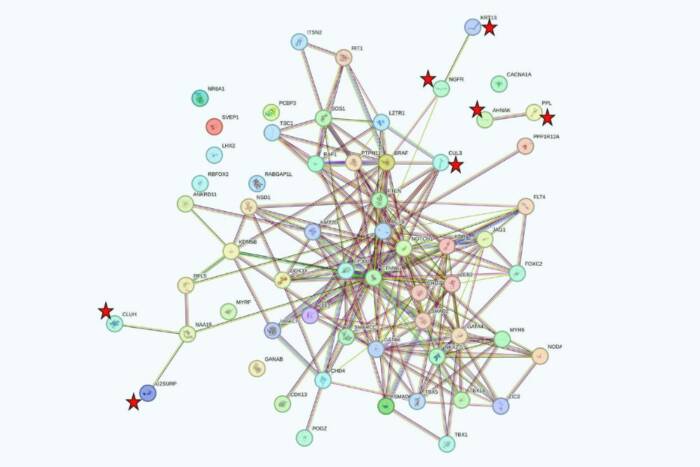Lewis Thomas Prize awarded to Richard Dawkins
by TALLEY HENNING BROWN
 The committee that nominates and selects recipients of the Lewis Thomas Prize does not have an easy job; few people eloquently straddle the fields of science and literature. But there was little debate over Richard Dawkins, British ethologist and popular science writer, who was presented with the 2006 Lewis Thomas Prize for Writing about Science April 24.
The committee that nominates and selects recipients of the Lewis Thomas Prize does not have an easy job; few people eloquently straddle the fields of science and literature. But there was little debate over Richard Dawkins, British ethologist and popular science writer, who was presented with the 2006 Lewis Thomas Prize for Writing about Science April 24.
Dr. Dawkins, who is Charles Simonyi Chair in the Public Understanding of Science at Oxford University, is perhaps best known for introducing the gene-centered view of evolution, which posits that natural selection occurs at the level of the individual gene rather than that of the organism. In his 1976 book The Selfish Gene, Dr. Dawkins illustrates his theory with examples including that of certain male spiders, who are driven to procreate even though afterwards they may be cannibalized by the female. The genetic imperative to reproduce wins out over the survival instinct. Dr. Dawkins’s perspective expands Charles Darwin’s work with knowledge gained in the era of genetics.
Eight other books by Dr. Dawkins elaborate upon the foundation set in The Selfish Gene, including The Blind Watchmaker, which presents an argument against intelligent design; The Extended Phenotype, which explains how the effects of a single gene can reach far beyond the organism of which it is a part; and Climbing Mount Improbable, which marvels at how the seemingly designed perfection of nature is possible only through the blind process of evolution. “Dr. Dawkins’s unique insight lies in his ability to convey the grandest, most universal of theories through incisive examination of the smallest details,” said President Nurse in presenting the award at a ceremony following Dr. Dawkins’s lecture “Queerer than We Can Suppose: The Strangeness of Science.”
Dr. Dawkins’s work is critically acclaimed for bridging the sciences and humanities, an essential criterion of the Lewis Thomas Prize. He helped establish memetics as a field of study, wherein models of natural selection are applied to the evolution of societies and cultures. He remains influential to students of interdisciplinary studies like sociobiology and evolutionary biology, and he is generating further such endeavors through the Richard Dawkins Foundation for Reason and Science, established last year to finance research into the psychology of belief and religion, support scientific education programs and publicize secular charitable organizations.
The Lewis Thomas Prize, established in 1993 by the university’s Board of Trustees, honors “the rare individual who bridges the worlds of science and the humanities — whose voice and vision can tell us about science’s aesthetic and philosophical dimensions, providing not merely new information but cause for reflection, even revelation.” The award was named for its first recipient, writer, educator and physician-scientist Lewis Thomas. Other past honorees include Jared Diamond, Oliver Sachs and Edward O. Wilson.


